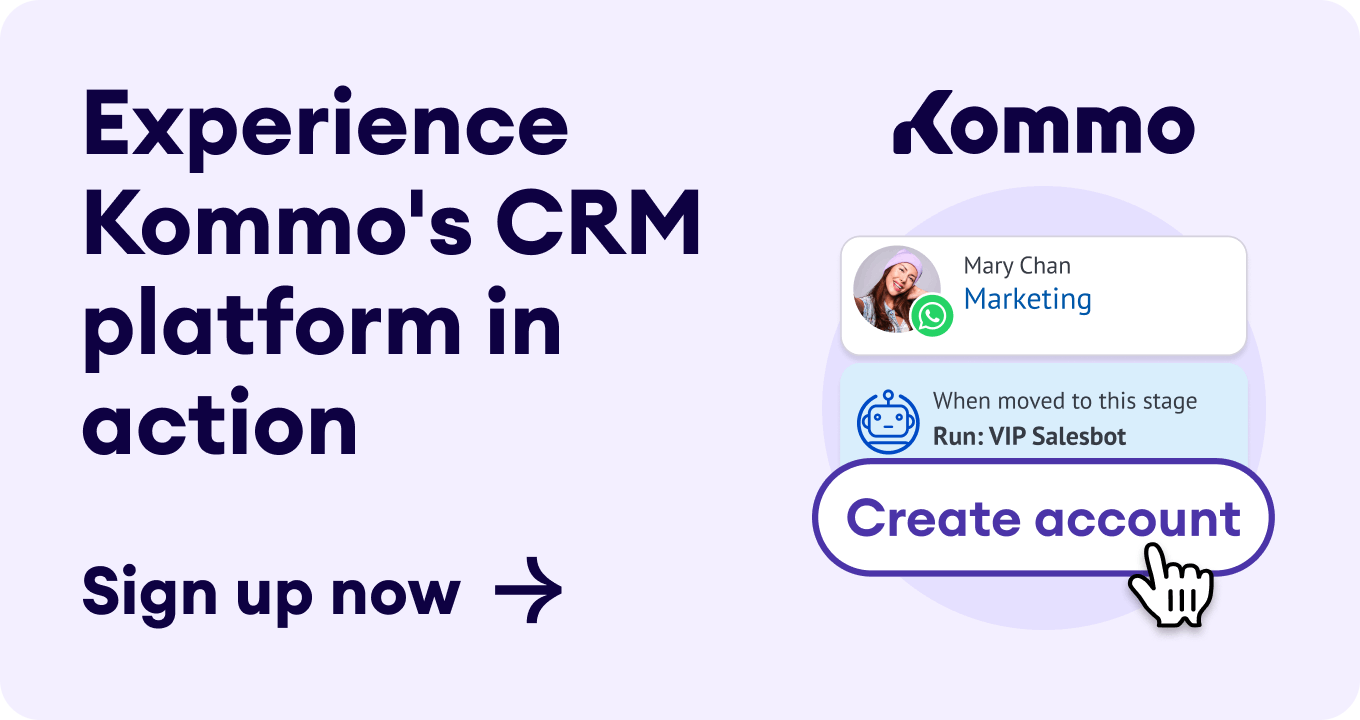You’ve just closed a huge deal. Millions of dollars. Your company adores you. Everybody gets a new MacBook. You get a new car and a separate office. The world glows and shines. Life is awesome, buddy.
Then your alarm clock blares, and you wake up in your Ikea bed to your 200 thread count sheets. You wouldn’t call it mediocrity, but you’ve got big dreams.
The world of a sales manager is pretty simple: get things done, make as many deals as you can and generate profit for the company. What really gets me and my sales friends excited is that feeling when you bring that big, fat signed contract back to your boss. It’s the feeling that it’s you who pulls the company forward.
I mean, after spending a month with the customer talking, consulting and I finally make the sale? Nothing is sweeter or more rewarding — I walk around that day feeling like the king of the office.
Man, if I could bottle and sell that feeling, I’d be the richest guy on Earth.
But what happens when your whole sales plan gets screwed up, huh? All your hard work amounts to nothing? It’s all about setting expectations, so check out these 5 moments when your expectations need to get realigned with reality!
1. Bonus Money
Expectations: I will sell a lot and get heavyweight salary this month!
Reality: I haven’t met my quota and don’t have any extra money this month and have to eat instant noodles.
Stop resting on the laurels of your last sale — your salary heavily depends on how much you invest in the job this month. If you procrastinate and don’t contact all your leads, you can’t expect to be rewarded for that. If you do your best and work carefully with your prospects on every step of the sales funnel, you’ll see better results.
Sometimes you’ll work 4 hours per week and get lucky with an enthusiastic lead who’s already ready to buy. Sometimes it’s Friday night, your work is only 30% done and you’re still in the office, wrecked and miserable.
That’s the essence of being a sales manager —it’s the worst and the best all at the same time.
2. Customers
Expectations: Your leads don’t have objections. All of them say “yes” and give you fat stacks of money immediately because your product is dope.
Reality: All of them tell you “maybe”, they’ve got a million objections and an ironclad grasp on their money.
Admit it, all of us are human beings. Except for some guys from Wall Street (they are coffee robots).
We all hesitate about the best investment, we all hope that the next purchase is going to be useful. Would you spend your money on something if you have no idea what it’s about? I don’t think so.
The bottom line: when all is said and done, it’s the customer’s personal right to decide whether to buy or not. No matter how good you are at selling, it’s their choice.
3. Deal Length
Expectations: You get the call, and in 2 minutes you close the lead.
Reality: You get the call, and in 2 months you close the lead.
C’mon, we’re all people here. Nobody will give you money just like that. If it does happen, it’s a good example of a customer who knows exactly what they need.
But maybe they honestly don’t have money for the purchase now.
Or what if the deal process gets stuck because of you? Without the right follow-up in your CRM, you easily miss the chance to follow-up with the customer.
There are lots of reasons that the deal lasts forever, and you can use tools to improve this, but only to a certain extent.
4. Qualification and Prospecting
Expectations: You separate the sheep from the goats and know who is buying.
Reality: Gosh, who is this rude man? He’s never going to buy!
It’s a common mistake to group leads into 2 separate teams: prospective customers and the ones who are just walking (or clicking) around. Any newcomer in your shop or on your web page is a walking (or sitting) wallet.
Once I had such an awful phone talk with a guy who submitted his contacts via webform. From the very beginning of our talk, he was just so rude. Even though I really tried to be polite, by the time the conversation was over, I was literally purple with rage. I decided not to talk to him by phone anymore, but I still sent the follow-up letter some time later.
Guess who paid the year subscription?
When you don’t give a chance to the people you don’t like, you’re losing out on customers. Never miss a chance to communicate with a lead, even if it means shifting a phone call to an email. That’s why many sales reps use pipeline stages in CRM solutions. You never forget anyone — even the people you prefer to avoid — if you have everybody in your pipeline.
One more time: you never know who exactly is going to be a loyal client of your company, so don’t let your feelings get in the way.
5. Customer Information
Expectations: You know everything about your customers.
Reality: You inherit a messy Excel table from the last sales manager with a lot of empty boxes.
Aren’t you tired of endless spreadsheets in Excel? I am, so I always try to find a better solution that can help me to get rid of that boring stuff like tables and boxes.
In Kommo, all my lead data is saved and ready in an easy-to-use and friendly interface. Sales managers can easily develop and tweak their own pipelines to fit their customer journey perfectly. That way, they can walk their customer through the whole process with no bottlenecks.
And of course additional information about the customer is extremely important. Storing and managing customer information is crucial for understanding who your client is. Think about how you feel when you’re a customer: you love the services where everybody knows you and treats you special. Why do you think people come to the same coffeeshop everyday?
🚀 Make a personal sale with Kommo
✅ Kommo is a pioneering Messenger Based Sales CRM software that helps businesses achieve more sales and create long-lasting relationships with their customers. It is a tool that enables companies to reach better results and increase their profits.









